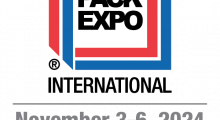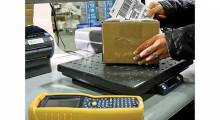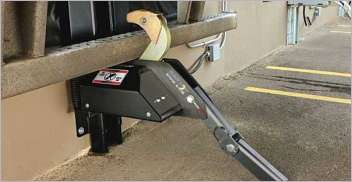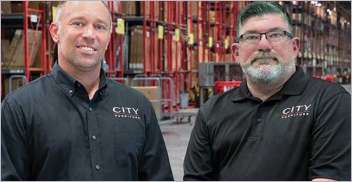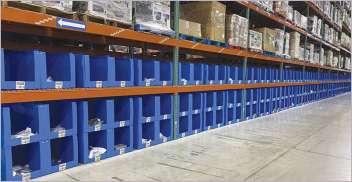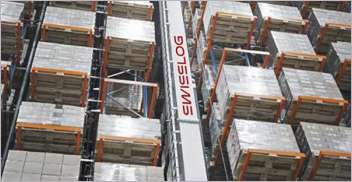For nearly 70 years, Direct Relief has helped the needy of the world, primarily by providing medicine and health supplies to refugees and the disadvantaged. While operating a single 24,000-square-foot distribution facility in Santa Barbara, Calif., the relief network currently receives most of the medicines and supplies it distributes from pharmaceutical companies and medical manufacturers.
Since the distribution facility’s storage space is limited, it is crucial for the network to receive and ship products as fast as possible, especially since they’re so necessary to people’s well-being.
Aside from efficiency, 100% accuracy is critical, particularly when medicines are being distributed. However, since Direct Relief’s inventory is comprised of donated items, SKUs are constantly changing, resulting in additional complexity as shippers attempt to distribute items as precisely as possible.
“For us, every efficiency we can squeeze really does get to the point of helping more people. That’s our bottom-line equivalent.” says Thomas Tighe, president and CEO of Direct Relief.
To improve speed while still maintaining accuracy, the distribution facility recently moved to paperless processing and introduced 12 carts with integrated lithium power. The carts are currently used for inbound receiving, double-checking picked orders and as mobile pack stations. Their mobility allows them to move to wherever a job requires them.
The carts can also run peripherals. The receiving carts, for instance, carry a laptop, a monitor, a scanner, a printer, an electronic scale, supplies and a wastebasket. Both the carts and medicines are wheeled to storage locations or forward picking bins for direct putaway, which saves additional handoffs and assures the products are placed in correct locations.
“We are not tied to a wall plug with the battery system, so it allows us to be mobile now,” explains Sean Copeland, operations manager of Direct Relief.
Similarly, the carts used in the packing area also contain computers and peripherals, including printers to create shipping labels and packing lists. The cart batteries provide enough power to operate for the entire shift, but they are also hot swappable in case more power is necessary.
Thus far, the combination of paperless processing, along with the carts, has led to impressive results.
“In the first month that it went live, we had an increase of 40% of the number of batches that we received,” Tighe adds. “We [also] did them more accurately—and in 20% less time.”
Newcastle Systems
(781) 935-3450
Article topics


